Know your rights—here’s everything you need to know about The Worker Protection Act
Women are up to three times more likely to be sexually harassed at work—here’s everything you need to know about calling it out
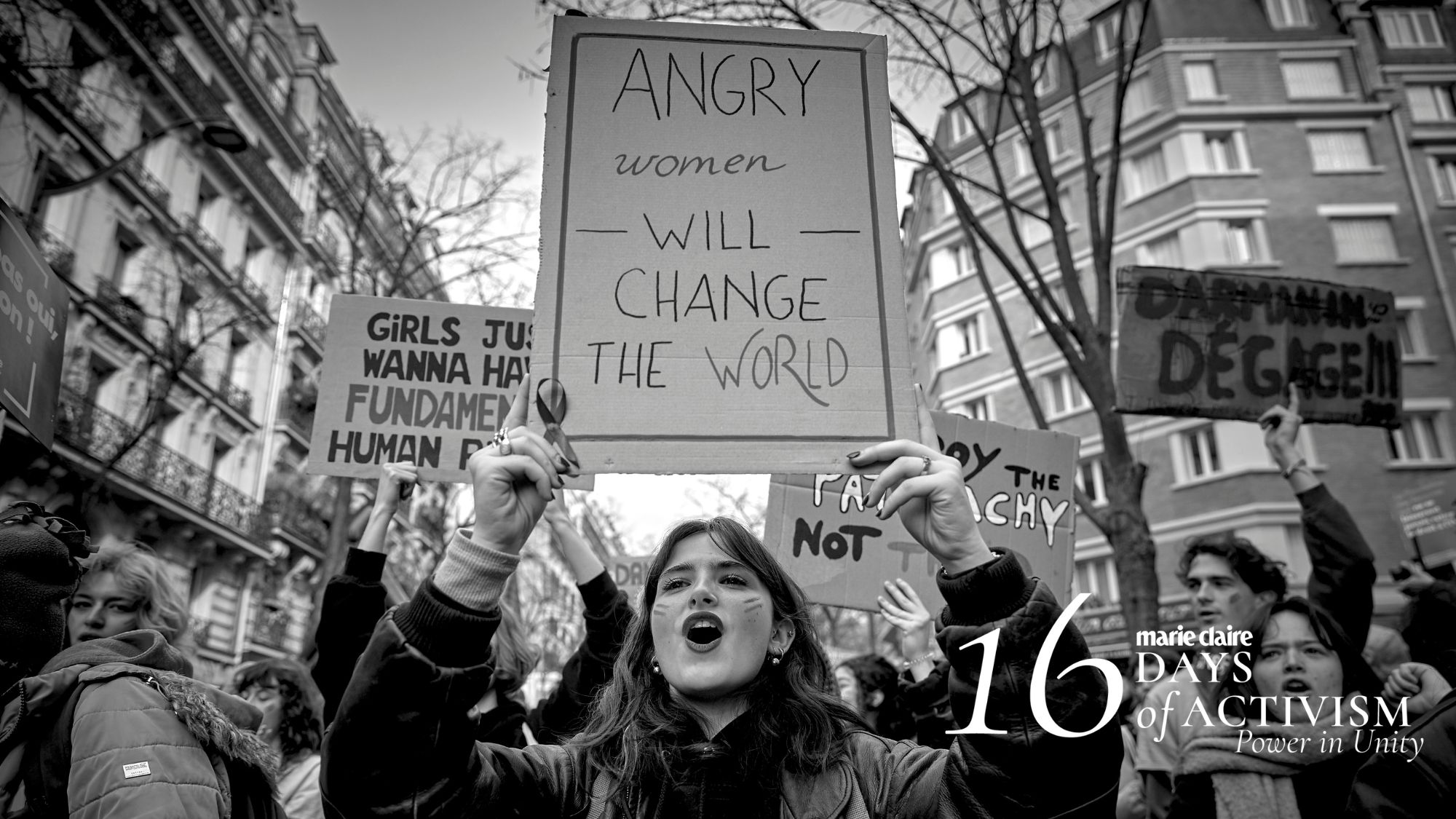
- What is sexual harassment at work?
- What does the new law change mean for workplace protection?
- How do I know if my employer is following the new rules on sexual harassment prevention at work?
- How effective will the new law change be at actually protecting workers?
- How can I report sexual harassment at work?

Women are up to three times more likely than men to be targeted by sexual harassment at work, and the most recent UK census research revealed that over a quarter of all accounts of sexual harassment happen in the workplace. As part of our 16 Days of Activism campaign—Power in Unity—we unpack everything you need to know about The Worker Protection Act.
While we may have (thankfully) moved away from a Mad Men-era of casual workplace sexism as the more recent #MeToo movement proved, sexual harassment remains a pervasive issue across all industries.
Over 70% of women in the UK say they’ve experienced sexual harassment in public. 95% of those women didn’t report sexual harassment, according to a widescale report by UN Women UK. Sexual harassment affects people at all levels, and like the wider issue of Violence Against Women and Girls, tackling it requires a whole-society response.
Women shouldn’t bear the responsibility to protect themselves. That’s why, this 16 Days of Activism, we’re joining UN Women UK and calling on the Government, the private sector, and the public to look out for the people around us and call out sexism when we see it.
Research shows that a significant number of women—and an increasing number of men—experience unwelcome advances, inappropriate comments, or abuse of power in the workplace. Yet, often, incidents go unreported due to fear of retaliation, stigma, or lack of confidence in HR processes.
It can be daunting to speak up, but a new law—introduced under the Equity Act—aims to better protect employees from sexual harassment as well as workers who speak out against it.
We all have a role to play in changing the culture of sexism. Here, David Martyn, Partner and legal expert at Thompsons Solicitors explains everything you need to know about The Worker Protection Act.
Marie Claire Newsletter
Celebrity news, beauty, fashion advice, and fascinating features, delivered straight to your inbox!
This is what you need to know not only to protect yourself but also to advocate for a culture of respect and accountability.
What is sexual harassment at work?
“Sexual harassment in the workplace happens when an employee is subjected to misconduct of a sexual nature. It doesn’t necessarily need to be sexually motivated, it can also be sexual in overall nature. Examples of this include being the subject of sexual jokes and comments, pornographic images, propositions and suggestions, rumours, blackmail, emails and messages, unwanted touching or intrusive questions.”
What does the new law change mean for workplace protection?
(Previously the Equality Act 2010 placed the duty on employers to redress sexual misconduct, but the new law change forces them to initiate prevention as well.)
“While employers were already advised to prevent sexual harassment and respond to it accordingly, there is now more pressure to do so with more tangible rules set in place by the new law change.
Employers are being pushed to take reasonable steps for prevention by introducing more frequent behaviour training to review gender equality in the workplace with things like staff attitude surveys—to take sexual harassment awareness more seriously in line management—and have more stringent procedures in place for reporting cases.
The law change also extends to ‘workers’ and not just employees, meaning both must now be protected from third parties as well internal employees under the new regulations.
The most significant change is that if employers are found to have breached the above duties to prevent harassment, employees and workers who are targeted by sexual misconduct at work can now get 25% more in compensation.
How do I know if my employer is following the new rules on sexual harassment prevention at work?
“Your employer should have delivered training to your colleagues on behavioural expectations, and what sexual harassment is and how you can report it. There should be clear, obvious processes and policies in place in order to ensure prevention and what to do if you’re targeted that were explained to you by line managers. Policies should also be kept up to date and any reports that have been made should have been swiftly dealt with.
If it feels like there is no clear protocol for sexual harassment reports, or if it looks like documentation is out of date or reports weren’t taken seriously, it’s likely that your employer is not following the new rules.”
How effective will the new law change be at actually protecting workers?
“There are now stricter prevention rules in place to protect employees than there were before, and there is greater compensation for neglect of these rules by employers.
That being said, the government failed to outline specific criteria of compliance that employers should follow, leaving the compliance rules quite vague as just ‘reasonable steps’ of prevention. Originally, the bill was drafted so that employers were required to take ‘all reasonable steps’ so it’s now more diluted than what it should be.”
How can I report sexual harassment at work?
“There should be appointed workplace champions that deal with harassment reports. This should be someone your employer has chosen to deal with allegations in confidence, and it should be made clear to all staff who these individuals are. This person should be trained in the procedures to follow that ensure your report is escalated accordingly.
Remember that the effect in which your harasser has had on you with their conduct should not be necessary to your report being listened to or in claiming compensation. If they have intimated or degraded you, or created an inhospitable working environment, this is sufficient to establish harassment at work.”

Mischa Anouk Smith is the News and Features Editor of Marie Claire UK.
From personal essays to purpose-driven stories, reported studies, and interviews with celebrities like Rosie Huntington-Whiteley and designers including Dries Van Noten, Mischa has been featured in publications such as Refinery29, Stylist and Dazed. Her work explores what it means to be a woman today and sits at the intersection of culture and style. In the spirit of eclecticism, she has also written about NFTs, mental health and the rise of AI bands.
-
 I'm the founder of an ethical brand marketplace - why, in the wake of tariff-gate, protecting independent businesses is more important than ever
I'm the founder of an ethical brand marketplace - why, in the wake of tariff-gate, protecting independent businesses is more important than everThis Earth Day, the founder of Wolf & Badger shares why protecting sustainable brands is so pivotal.
By Ally Head
-
 Three ways to enhance your skincare routine with technology
Three ways to enhance your skincare routine with technologyBy Jenny Proudfoot
-
 Margot Robbie's new necklace has the most emotional meaning
Margot Robbie's new necklace has the most emotional meaningSo sweet
By Iris Goldsztajn
-
 Women and girls are bearing the brunt of the climate crisis—they’re also leading the fight to solve it
Women and girls are bearing the brunt of the climate crisis—they’re also leading the fight to solve itWhy the climate crisis is a women’s rights crisis
By Mischa Anouk Smith
-
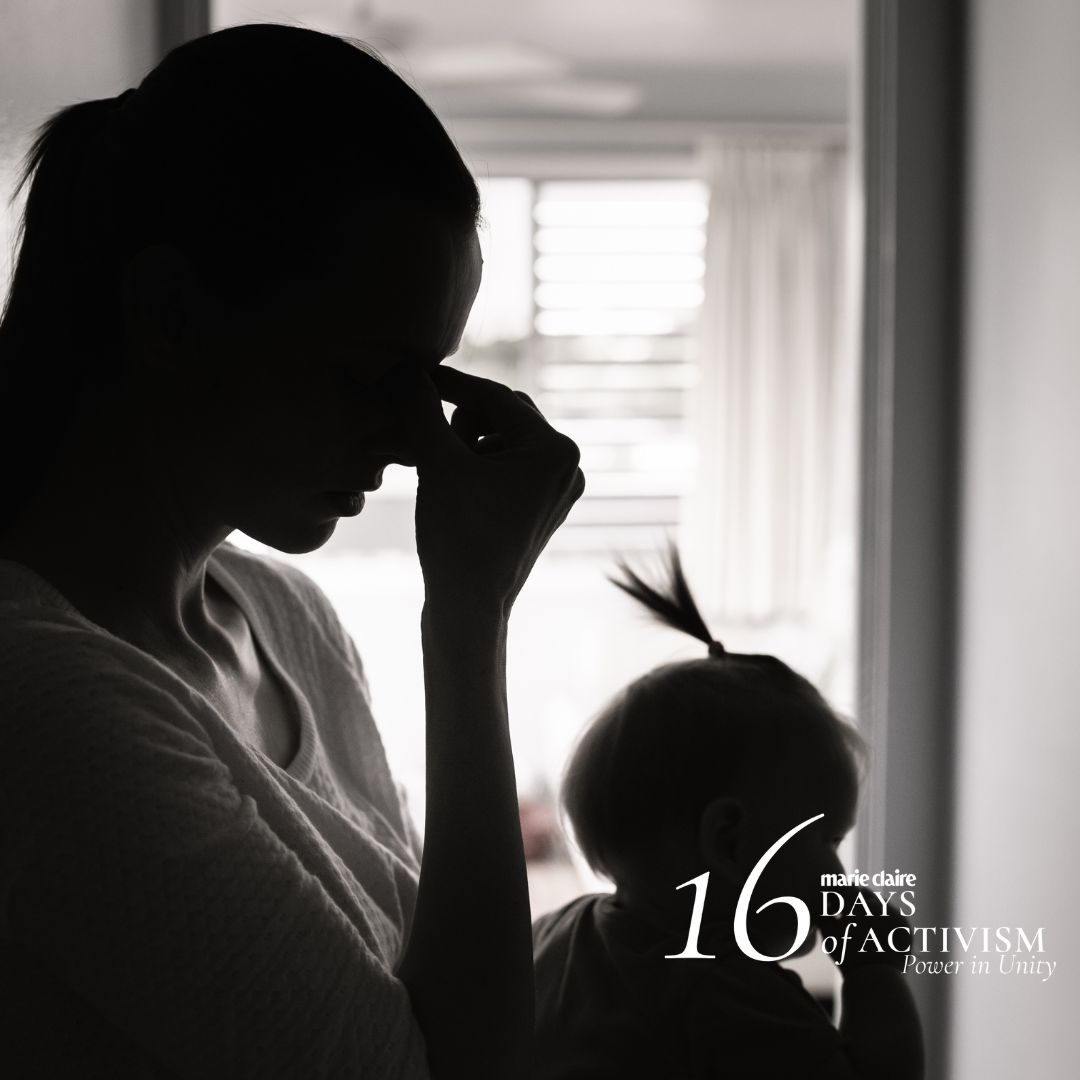 “I walked into the hospital with my daughter and admitted my partner had split my C-section open”
“I walked into the hospital with my daughter and admitted my partner had split my C-section open”Victims don’t have a choice when it comes to abuse, but some things happen in our childhood that make us more likely to accept it
By Mischa Anouk Smith
-
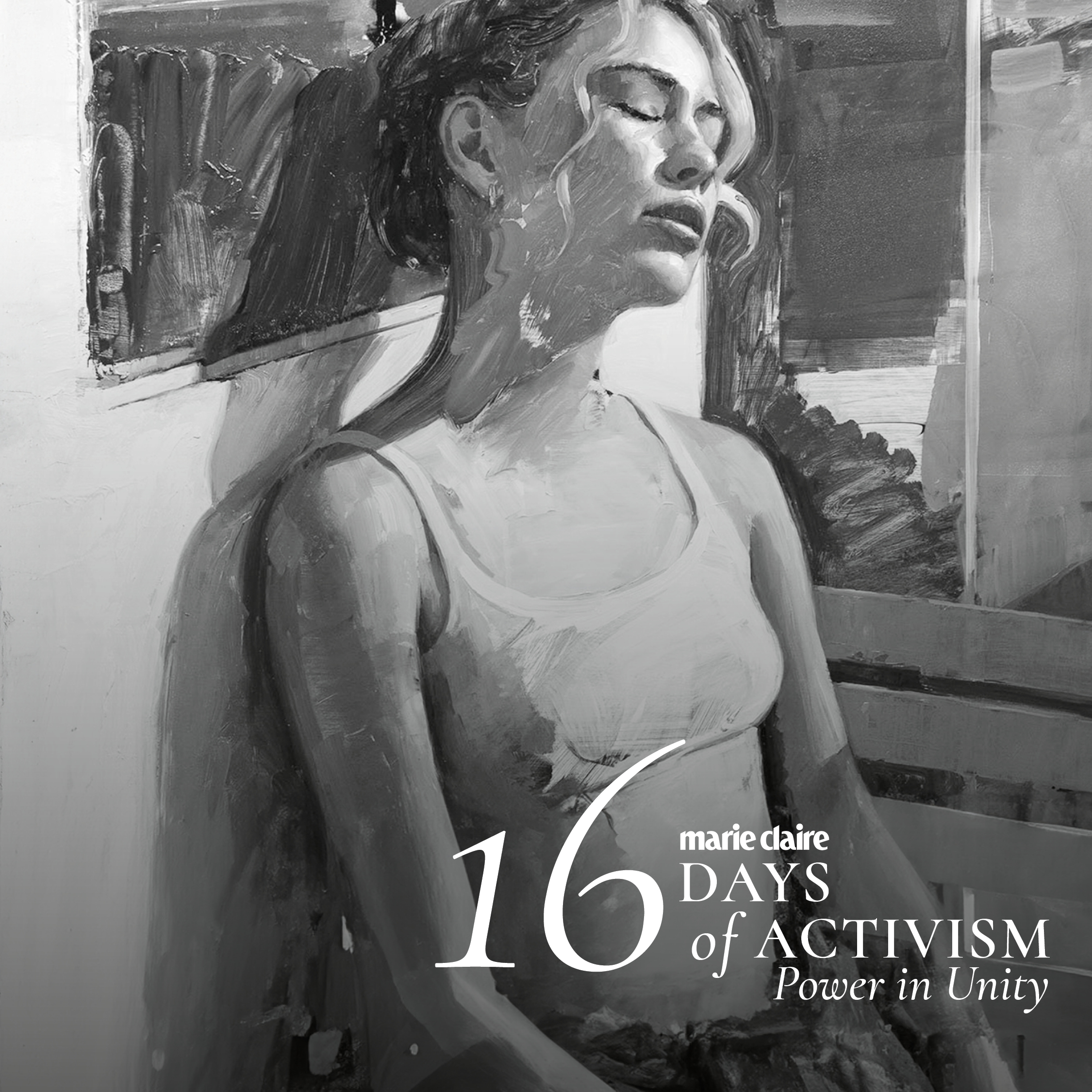 “I was trapped in a pattern of toxic relationships – it took years to break free”
“I was trapped in a pattern of toxic relationships – it took years to break free”My capacity for catching red flags had been erased (obliterated, really) before I was even old enough to buy lottery tickets
By Mischa Anouk Smith
-
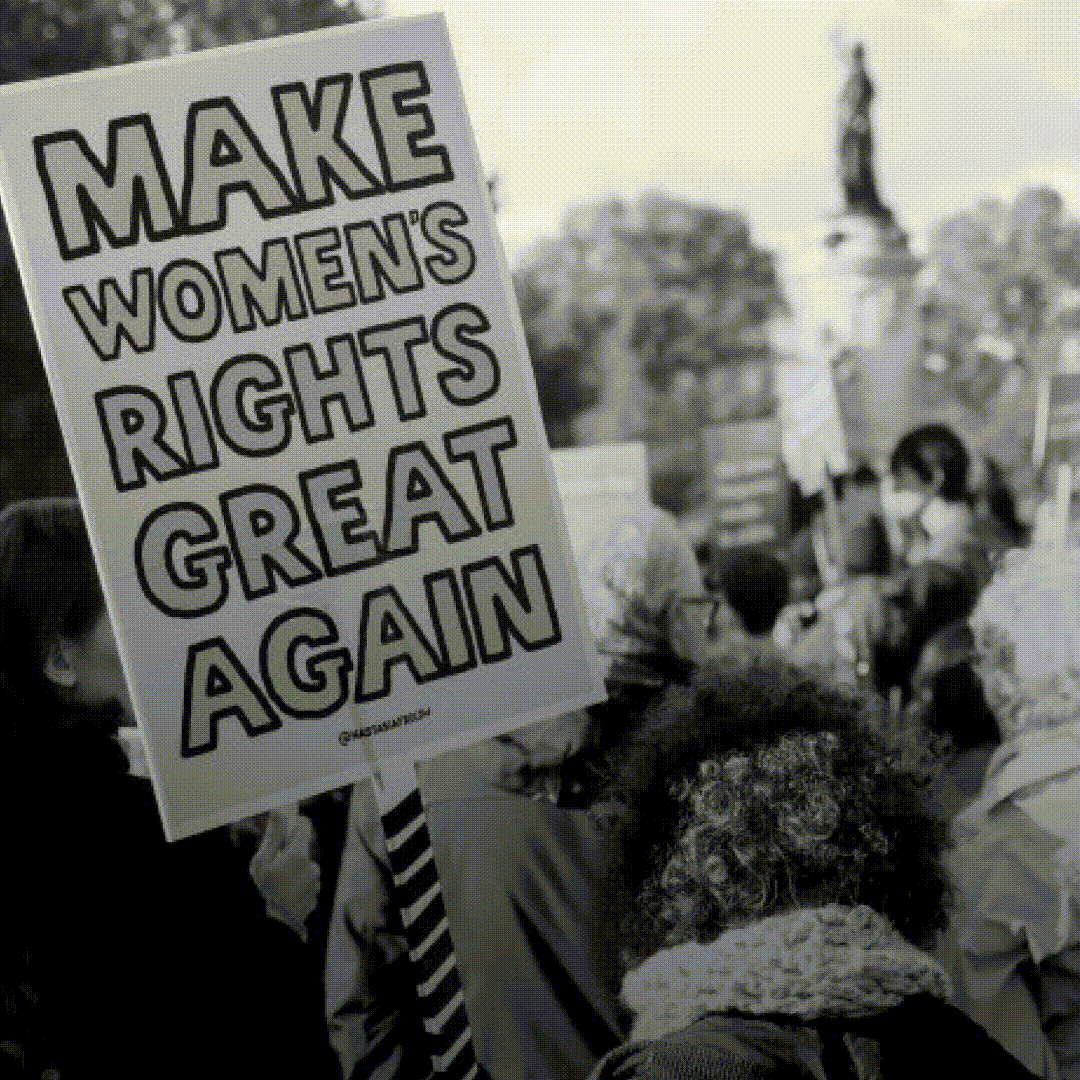 What is 16 Days of Activism Against Gender-Based Violence?
What is 16 Days of Activism Against Gender-Based Violence?“Misogyny, sexism, and women’s inequality are rife across the country”
By Mischa Anouk Smith
-
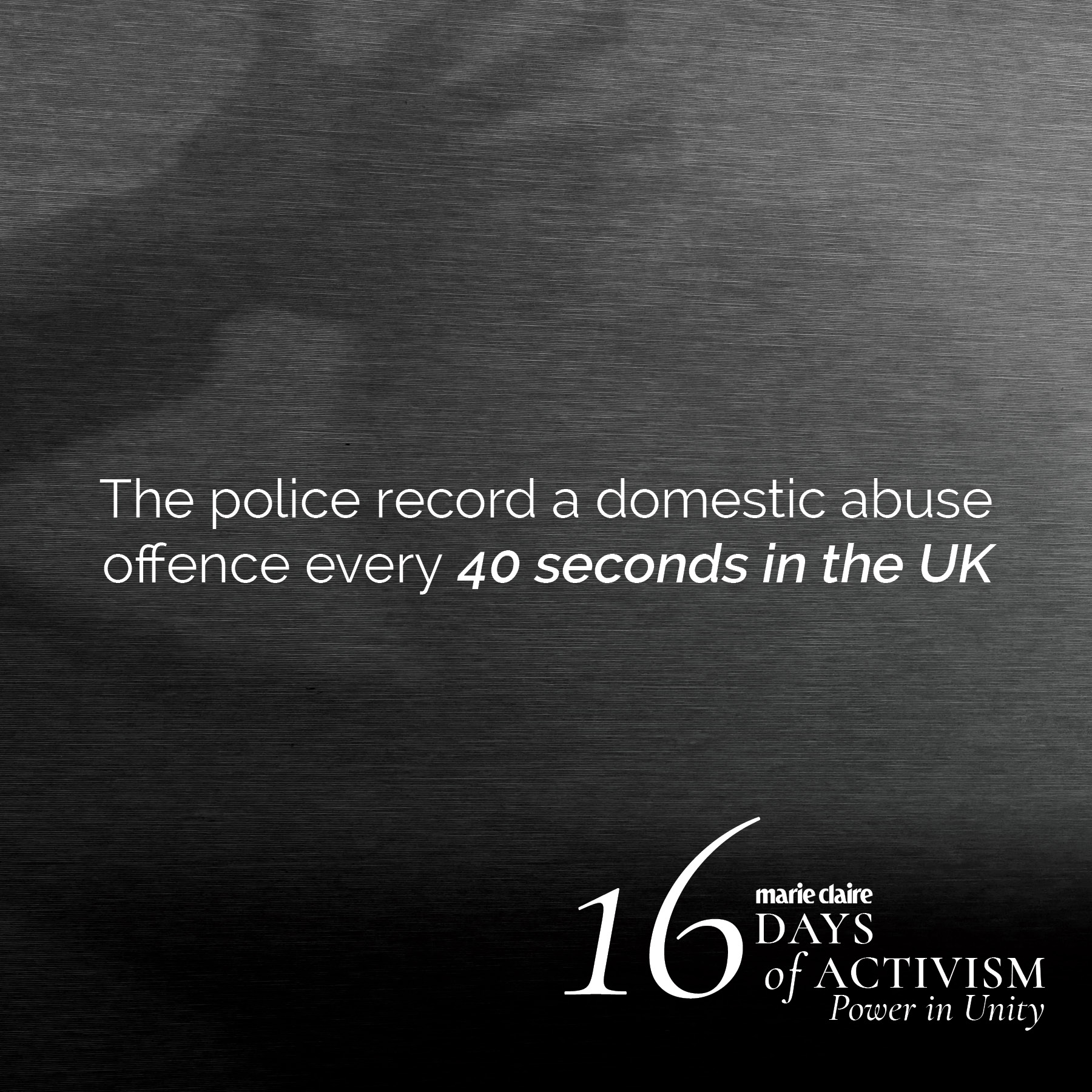 A woman is killed by a man every 2.7 days in the UK — the time to act is now
A woman is killed by a man every 2.7 days in the UK — the time to act is now25 shocking stats about the impact and scale of gender-based violence
By Mischa Anouk Smith